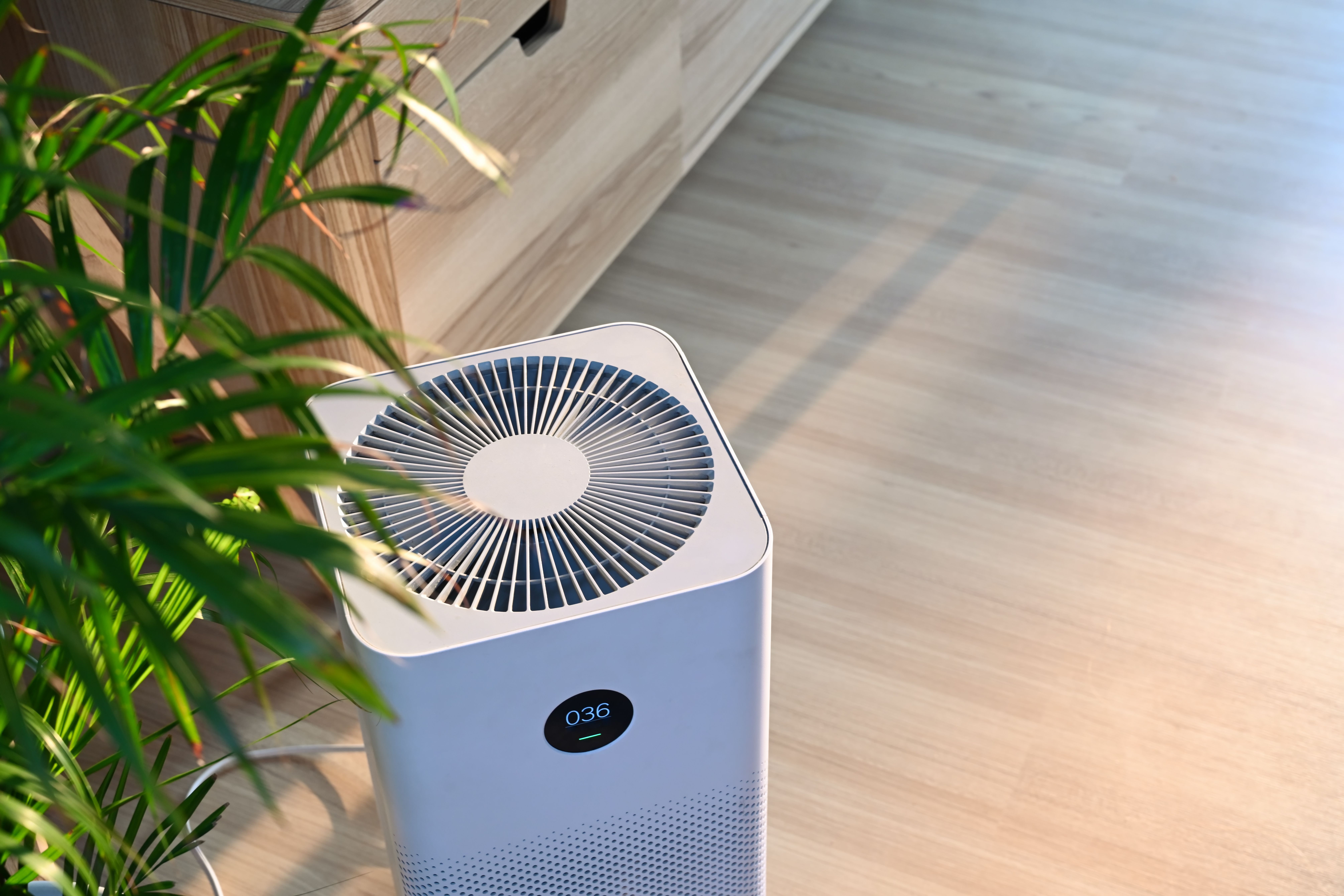- Center on Health Equity & Access
- Clinical
- Health Care Cost
- Health Care Delivery
- Insurance
- Policy
- Technology
- Value-Based Care
In-Room Air Purifiers Could Impact RSV Incidence Among Older Adults
Use of in-room air purifiers with HEPA-14 filters did not result in a significant reduction of acute respiratory infections.
This article was originally published on Pharmacy Times®.
New study findings assessed the effect of air purification in rooms of residential aged-care facilities (RACFs), compared with no air purification and its association with acute respiratory infections (ARIs) including respiratory syncytial virus (RSV).1

ARIs can have severe outcomes on older adults, especially those living in RACFs. ARIs include influenza, COVID-19, rhinovirus, pneumonia, and RSV. However, RSV specifically imposes a significant threat among older adults as the infection accounts for up to 160,000 hospitalizations and around 10,000 deaths among older adults each year in the US. Symptoms typically present like a mild cold but could become more severe among this population.2
“The successful prevention of ARIs requires a thorough understanding of pathogen transmission," said the authors of the study in a press release.1 "Risks of inhalation transmission and subsequent infection are associated with several factors, including pathogen-containing aerosol emission and removal rates, exposure, cumulative dose, and the probability of infection."
Despite the increased use of portable air purification devices, the effectiveness of in-room air purification systems with a high-efficiency particulate air (HEPA) filter to reduce illnesses like RSV are unknown in RACFs. To assess the usage, the researchers conducted a multicenter, double-blind, crossover randomized clinical trial from April 7 to October 26, 2023, in 3 RACFs located in Australia. Individuals included in the study were followed up every 2 weeks throughout the 6-month study period.
The study included 135 individuals who were divided into the intervention-first group (n=70) and the control-first group (n=65). Among both groups, 78 individuals were female and the mean age was 85.2 years.
An air purifier containing a HEPA-14 filter was placed in the rooms of all individuals in the intervention group and an air purifier without a HEPA-14 filter was placed in the rooms of all individuals in the control group. The air purifiers were reported to provide a minimum of 8 air changes per hour during the day and a minimum of 3 air changes per hour at night. After a 3-month period, the groups crossed over, according to study authors.
The primary outcome of the study was the incidence of ARIs, defined by either infection or no infection. However, infection was divided between influenza, SARS-CoV-2, rhinovirus, RSV, or adenovirus. The secondary outcome of the study was time to first infection and numbers of visits to an emergency department, hospital admissions, and medical reviews caused by an ARI.
The results demonstrated that in the intention-to-treat analysis, air purifiers with HEPA-14 filers did not reduce ARIs compared with the control analysis. However, among the 104 individuals that completed the entirety of the study, the intervention reduced ARI incidence by 35.6% in the control group and 24% in the intervention group.
The findings suggest that the use of in-room air purifiers with HEPA-14 filters did not display a significant reduction in ARIs like RSV among RACF residents.
“Although the study results were not statistically significant, they may be clinically important," said the authors. "A reduction in the absolute number of ARIs among participants using the intervention who completed the study was identified."
Politics vs Science: The Future of US Public Health
February 4th 2025On this episode of Managed Care Cast, we speak with Perry N. Halkitis, PhD, MS, MPH, dean of the Rutgers School of Public Health, on the public health implications of the US withdrawal from the World Health Organization and the role of public health leaders in advocating for science and health.
Listen
Bird Flu Risks, Myths, and Prevention Strategies: A Conversation With the NFID's Dr Robert Hopkins
January 21st 2025Joining us for this episode of Managed Care Cast is Robert H. Hopkins Jr, MD, medical director at the National Foundation for Infectious Diseases (NFID), who will help separate fact from fiction about avian influenza and discuss what needs to be done to prevent a future escalation.
Listen
